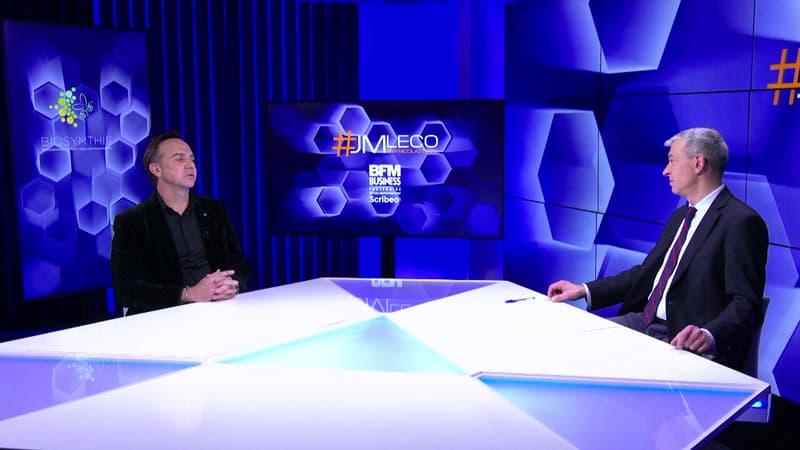Little by little, the world of cosmetics has become aware of issues related to sustainable development. But is the reflex carried to the end on the pitch?
That is not really the case. Companies in the luxury and cosmetics sector are among those who must lead by example. It is true that they have begun to integrate the requirements of sustainable development into their way of thinking. However, the focus is not carried to the end, especially in the offer of new products. The latter are not always as “green” as they might claim. It is not enough to change the supply and incorporate more ingredients of biological origin to meet the challenge of ecology. It is also necessary to verify in detail the processes and the final impact on the environment. To be really effective in terms of sustainable development, we must examine the issue of solvents, the catalysts used, the energies used and require more analysis of the product life cycle…
How BioSynthis Helps Businesses Go Green ?
Obviously, the first step remains the substitution of the constituents to be replaced, or even eliminated. That’s what we do at BioSynthis. We offer this possibility of substitution to our clients by working from ingredients of biological origin: vegetable oils, fatty alcohols, natural polymers or polyesters. We do not use solvents or chlorinated derivatives. Our processes do not consume water. On the contrary, we even have a process that produces water by dehydration that we can convert into hydrogen.
But we are also very careful to offer substitute products that are easily biodegradable and have good ecotoxicity. We are not satisfied with substituting one product for another, but we think of new, original compositions and all the positive “impacts” on the environment.
In his opinion, bio-sourcing of ingredients is not enough…
Our ambition is to promote true ecologically responsible and virtuous chemistry. The mere biological supply of ingredients is not enough. We must also make the entire production chain “green”. To achieve this, we test our solutions using specialized external laboratories to measure their biodegradability, ecotoxicity, naturalness, toxicity, etc. We only launch a new offering after we have secured its advantages in the areas of sourcing, performance, and its environmental footprint (“the Footprint”). In other words, we put into practice the alliance of bio-sourced and good-sourced.
He is currently building a new production site in New Aquitaine, around a new label. For what reasons?
This center will work on the basis of green hydrogen that we will produce in situ from water and the sun. Instead of carbon dioxide, we will therefore discard oxygen, which will be very positive for the environment and for the improvement of the surrounding biodiversity. In addition, we can stop production at will (for example, when the factory no longer needs it). As our hydrogen is green, the entire production chain is decarbonized. Once again, we wanted to be among the first chemists to have access to such technology. This plant will be 90% operational starting next year. Among other things, it will allow us to face our next challenge.
In fact, after Covid and the war in Ukraine, it has become urgent to stop depending on palm oil, some derivatives of which have become untraceable or, in other cases, have seen their prices skyrocket. That’s why we launched a new Eco-RSPP (Palm-Petrol Eco-Responsible Substitution) concept in the spring to promote European resources, reduce massive imports and optimize short-circuits: “from seed to Green Chemistry”. We have already produced palm-free solutions and products from rapeseed and/or sunflower oils produced in the region with the HVE (high environmental value) label. The future is 100% Green, as evidenced by our complete order book up to 2030. As a result, we are forced to build a third plant.
This content was produced with SCRIBEO. The BFMBUSINESS editorial team was not involved in the production of this content.
Source: BFM TV


